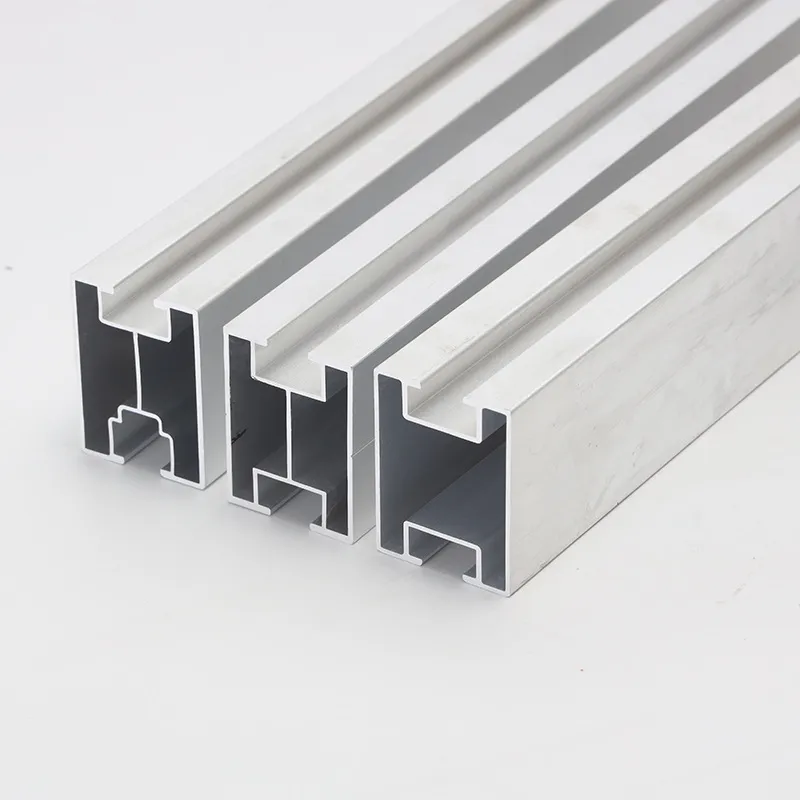

machine bolt and stud bolt
Dec . 31, 2024 12:17 Back to list
machine bolt and stud bolt
Understanding Machine Bolts and Stud Bolts A Comprehensive Overview
In the world of mechanical engineering and construction, fasteners play a crucial role in ensuring the reliability and safety of various structures. Among these fasteners, machine bolts and stud bolts are two types that are particularly significant due to their specific applications and the advantages they offer. This article delves into the characteristics, applications, and differences between machine bolts and stud bolts, highlighting their importance in various industries.
What are Machine Bolts?
Machine bolts are externally threaded fasteners that are typically used in conjunction with nuts or tapped holes to secure multiple components together. They are commonly made of materials such as steel, stainless steel, or plastics, depending on the required strength and environmental considerations. Machine bolts come in various grades, sizes, and configurations, making them suitable for a wide range of applications.
One of the key features of machine bolts is their head design, which can vary from hexagonal to square, and they often feature a flat or chamfered underside. The head provides an excellent grip for tools during installation and removal. Machine bolts are primarily used in applications where a strong joint is required, such as in machinery, automotive components, and construction projects.
What are Stud Bolts?
Stud bolts, on the other hand, are cylindrical fasteners that have threads on both ends, leaving the middle portion smooth. They are typically used in situations where a bolt needs to be attached to a fixed point while allowing the other end to be connected to a nut or another component. Stud bolts provide greater resilience and can withstand higher shear forces compared to other types of fasteners.
Stud bolts are prevalent in industries such as oil and gas, piping systems, and large machinery assemblies. They are often used in high-pressure and high-temperature applications due to their ability to maintain structural integrity under extreme conditions. The standard lengths and threads of stud bolts allow for ease of installation and flexibility in design.
machine bolt and stud bolt

Key Differences Between Machine Bolts and Stud Bolts
While both machine bolts and stud bolts serve as efficient fastening solutions, they exhibit distinct differences that make them suitable for different scenarios.
1. Design The fundamental difference lies in their design. Machine bolts have a head on one end, allowing them to be inserted through a hole and secured with a nut. Stud bolts, in contrast, have no head and feature threads on both ends, which provides versatility in applications that require a connection on both sides of a component.
2. Installation Method Machine bolts require a nut to be fastened on one end, making the installation process slightly more involved. Stud bolts can be installed directly into a tapped hole or secured with nuts on both sides, allowing for greater flexibility.
3. Load Distribution Stud bolts are particularly effective in distributing loads evenly due to their double-threaded design. This characteristic reduces the risk of localized stress points, which can lead to mechanical failure. Machine bolts, while strong, may not provide the same load distribution benefits when used in certain configurations.
4. Applications Machine bolts are often used in general assembly, machinery, and automotive applications where a solid joint is essential. Stud bolts are more commonly found in high-stress environments, such as in pipelines, flanges, and equipment that requires a robust fastening solution under varied pressures.
Conclusion
Both machine bolts and stud bolts are essential components in the realm of fastening solutions. Understanding their unique properties, applications, and differences can help engineers and technicians select the appropriate fastener for their specific needs. By choosing the right type of bolt, industries can enhance the safety, reliability, and efficiency of their projects. Whether it’s constructing a massive industrial plant or assembling a precision machine, the quality and type of fasteners used can significantly influence the overall success of the endeavor. Thus, recognizing the importance of these components is crucial for anyone involved in engineering or manufacturing processes.
Latest news
-
High-Strength Hot Dip Galvanized Bolts - Hebei Longze | Corrosion Resistance, Customization
NewsJul.30,2025
-
Hot Dip Galvanized Bolts-Hebei Longze|Corrosion Resistance&High Strength
NewsJul.30,2025
-
High-Strength Hot-Dip Galvanized Bolts-Hebei Longze|Corrosion Resistance&High Strength
NewsJul.30,2025
-
Hot Dip Galvanized Bolts-Hebei Longze|Corrosion Resistance&High Strength
NewsJul.30,2025
-
Hot Dip Galvanized Bolts - Hebei Longze | Corrosion Resistance, High Strength
NewsJul.30,2025
-
High-Strength Hot Dip Galvanized Bolts-Hebei Longze|Corrosion Resistance, Grade 8.8
NewsJul.30,2025

